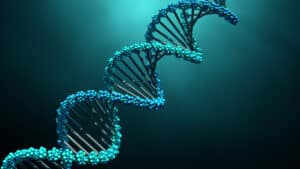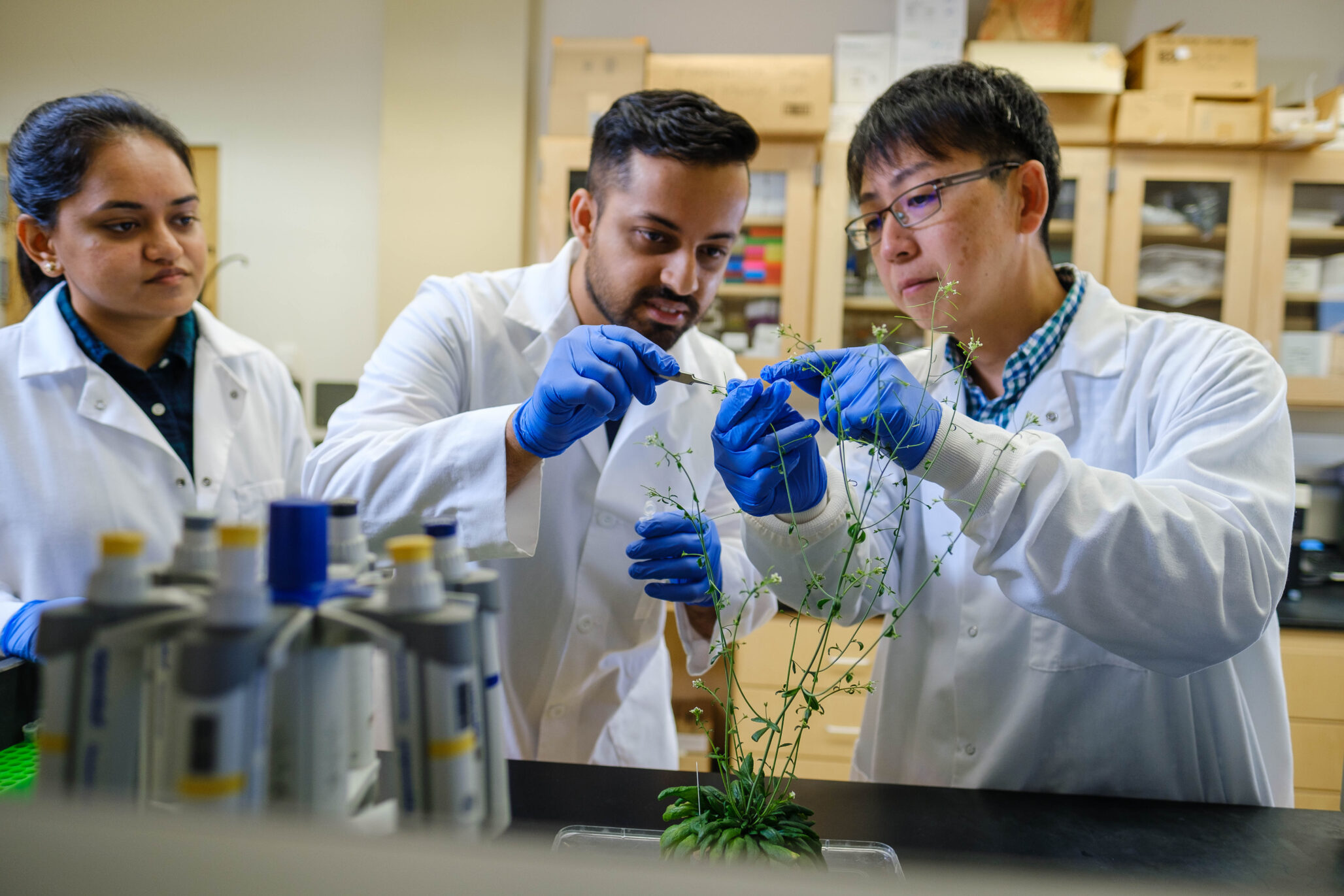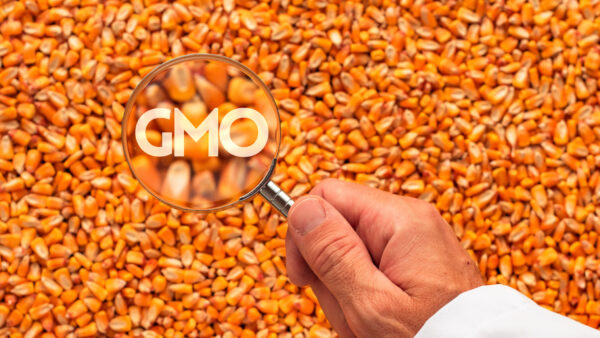Ginkgo Bioworks, Inc., the organism company, today announced it has signed a purchase agreement to acquire Dutch DNA Biotech B.V., a company based in Utrecht, Netherlands with a proprietary platform technology focused on the development of fungal strains and fermentation processes for the production of proteins and organic acids. Under the terms of the purchase agreement, Ginkgo will acquire 100% of Dutch DNA shares via a combination of both cash and equity. In addition, certain stakeholders of Dutch DNA will also receive earn-out payments upon achievement of one or more technical and commercialization milestones.
With this acquisition, Ginkgo will integrate Dutch DNA’s team, assets, and operations into the broader Ginkgo platform for cell programming, and will, for the first time, expand Ginkgo operations internationally. The acquisition is expected to close in July.
Ginkgo’s mission is to make biology easier to engineer, so that someday it will be possible to program cells as easily as it is to program computers. Ginkgo’s growing “Codebase” of biological knowledge, strains, and processes for cell programming enable its customers to develop complex cell programs more effectively, by drawing on previously characterized DNA code and organisms that have been optimized for production. Dutch DNA’s significant expertise and assets for the large-scale production of proteins would add a valuable set of tools to the platform for Ginkgo’s customers across markets to access.
Dutch DNA, created in 2015 as a management buy-out from the Netherlands Organization for Applied Scientific Research (TNO), has a 30 year track record of developing and supplying fungal biotechnology processes for the industrial production of enzymes, proteins and organic acids. It has deep expertise in an important class of microbes — filamentous fungi — that are incredibly efficient and used to make everything from the enzymes in laundry detergent to proteins for food. Dutch DNA has developed unique filamentous fungal host strains that can be developed into highly efficient producers of various proteins and enzymes.
“Where software platforms lean on a codebase of Software Development Kits (SDKs), you can think of cell programming platforms using Cell Development Kits (CDKs) to enable new applications. Dutch DNA has the most exciting fungal “CDK” we have seen, and their work with filamentous fungi is truly differentiating. We believe their expertise in developing and engineering these strains, combined with Ginkgo’s automated and high-throughput Foundry, will help us provide best-in-class production hosts to our customers developing protein and enzyme products unlike anything currently available on the market. This technology could have applications across a wide range of industries, including more efficient and sustainable production of plant-based foods, low-energy laundry detergents, pharmaceutical manufacturing and more,” said Jason Kelly, CEO of Ginkgo Bioworks. “We are thrilled to welcome Dutch DNA and its talented team, and excited about what we can accomplish together.”
“This step creates an amazing opportunity to deploy Dutch DNA’s technology platform in a variety of market segments. We hope the combination of ‘conventional’ biotechnology with artificial intelligence and high throughput technologies will boost developments significantly. As founders we are extremely proud of our team which proved our technology is compatible with the foundry of Ginkgo,” said Art de Boo, Founder of Dutch DNA. “Further we are pleased that our company may serve as a stepping stone for Ginkgo to come to Europe and the Netherlands.”
This news follows a period of momentum and growth for Ginkgo. Companies across numerous industries use Ginkgo’s cell programming platform to find more effective, environmentally friendly ways to create products including food ingredients, fragrances, cosmetics, medicines, and more. By enabling the design of organisms that can produce valuable biological products, Ginkgo helps accelerate the development of innovative, bio-based solutions to the world’s most pressing environmental challenges.













